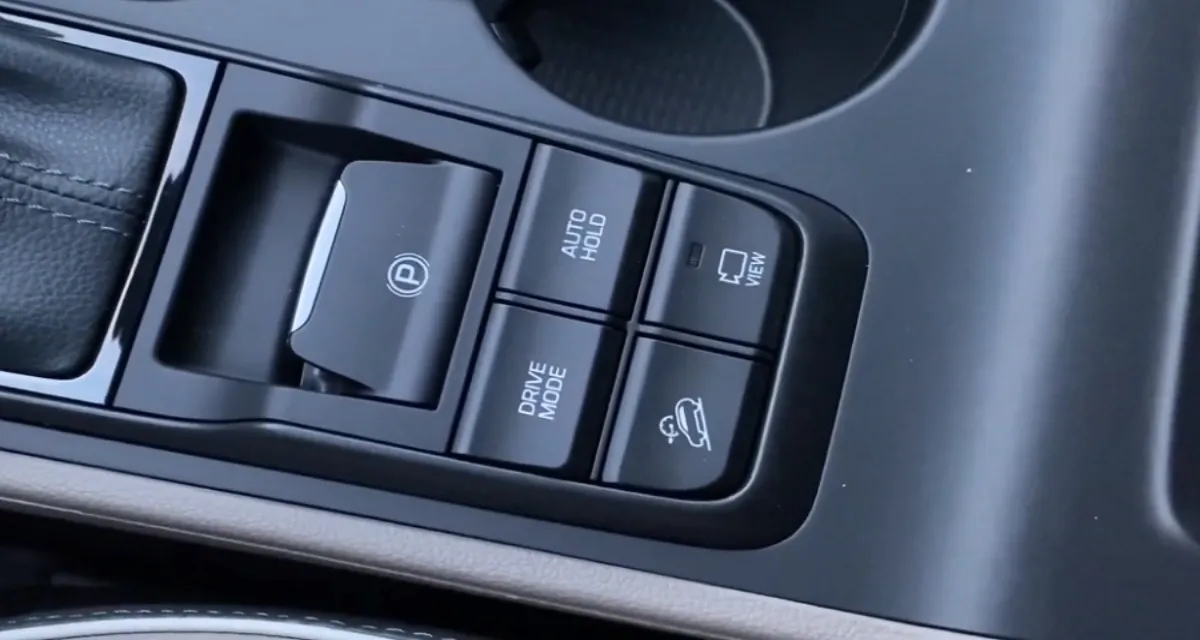

Euro NCAP, a prominent car safety assessment program in Europe, is advocating for the return of physical buttons in cars to improve safety. In a bid to incentivize manufacturers, Euro NCAP plans to reward vehicles with intuitive and tactile controls for essential functions such as wipers, lights, and indicators, starting from 2026. This move comes as a response to the growing concern over the proliferation of touchscreens in modern vehicles, which often lead to driver distraction and frustration.
One of the notable examples driving this initiative is Volkswagen's ID range, which received criticism for its overly complex touchscreen interface. Many owners and reviewers found it challenging to locate basic functions, resulting in distractions while driving. Volkswagen has since committed to reintroducing physical buttons in its future models, acknowledging the importance of user-friendly controls for driver safety.
The shift towards touchscreens has raised concerns within Euro NCAP and the automotive industry as a whole. Touchscreen controls require drivers to divert their attention away from the road, increasing the risk of accidents. Matthew Avery, Director of Strategic Development at Euro NCAP, highlights the need for a balance between advanced technology and driver safety. While modern safety features like Lane Keep Assist and Forward Collision Warning are beneficial, they can also be intrusive and contribute to driver distraction if not implemented correctly.
Even Tesla, known for its innovative technology, faced criticism for removing traditional indicator stalks in favor of force feedback buttons on the steering wheel. This change proved challenging for some drivers, particularly in situations where precise control is required, such as navigating roundabouts. The response was so significant that driving schools in Norway banned Tesla models lacking indicator stalks due to safety concerns.
While Euro NCAP's intentions to promote safety are commendable, there is a need to ensure that the integration of new safety features does not inadvertently create additional distractions for drivers. Achieving a balance between safety and usability remains crucial in the development of future automotive technologies. By encouraging the adoption of physical buttons for essential functions, Euro NCAP aims to enhance driver safety and minimize distractions on the road.